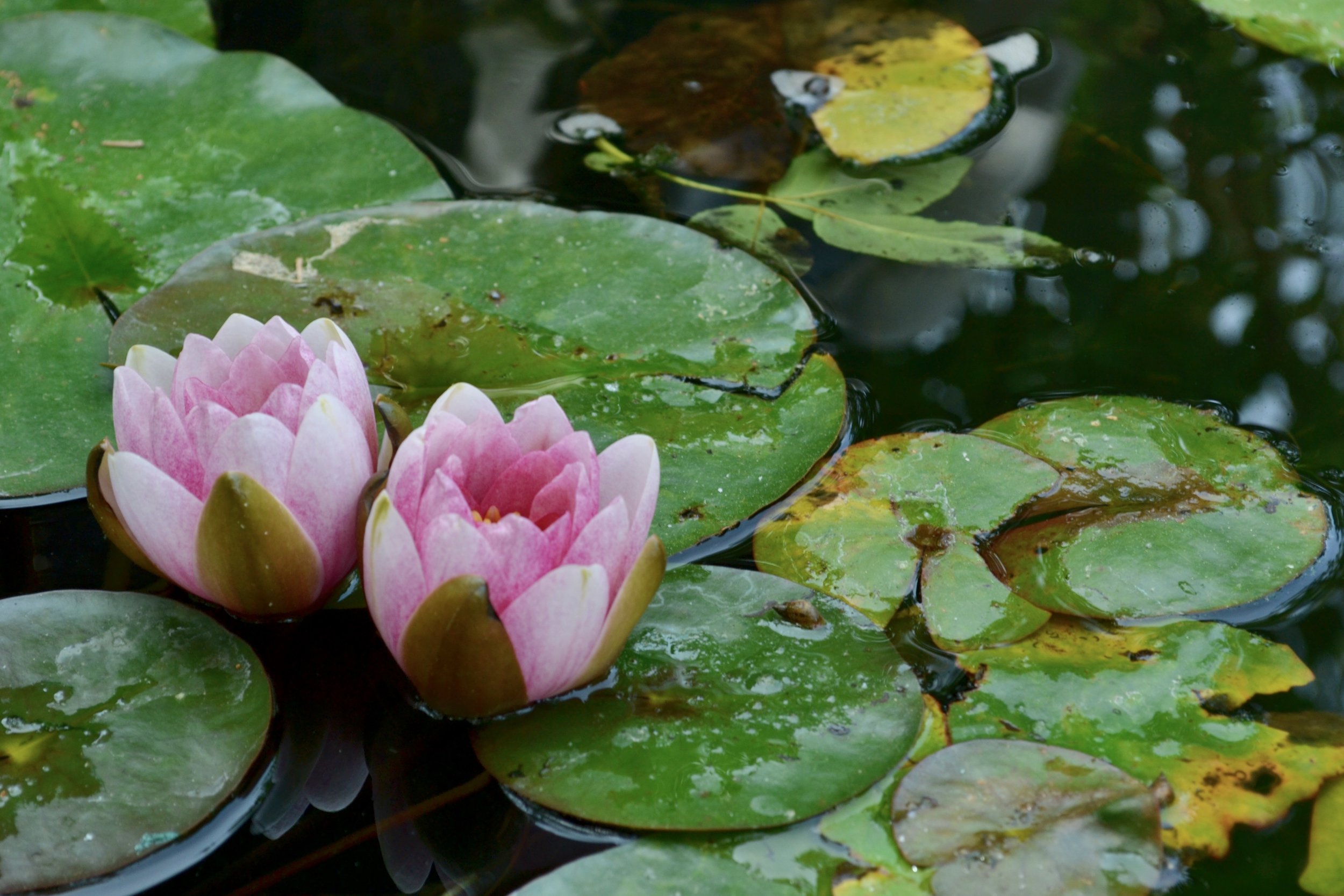Blog
Meditation + people with anxiety
I’ve meditated, on-and-off, for many years now. But unlike some of my other habits (like this or this), I never quite made it a consistent, long-term practice. Until I read this:
“I’ll say it dead straight, because this is how it was presented to me: when you’re the anxious type, meditation is non-negotiable.”
(That quote is from Sarah Wilson, in her lovely book on anxiety, First, We Make the Beast Beautiful.)
Wilson doesn’t say that meditation will 100% cure a tendency towards anxiety. It doesn’t.
But does it help? Yes, it does.
So I’ll ask: are you the anxious type?
As always, I’m rooting for you. You’ve got this.
Katie
If this essay resonated with you, you'll love my newsletter. Sign up for free + get new ideas every Sunday!
A tip if you'd like to reduce anxiety
I read some remarkably useful advice recently. It’s simple, but I was astonished by how effective it was for me. I thought it might help you, too.
Here it is: “Don’t think too much about your life after dinnertime”.
That advice is from artist and author Austin Kleon. Here’s what else he says about it:
Thinking too much at the end of the day is a recipe for despair. Everything looks better in the light of the morning. Cliché, maybe, but it works.
Kleon is right: it sounds cliché, but it works.
Personally, I’ve noticed that at least 60% of my personal and professional anxiety happens at night.
Implementing this rule doesn’t mean that I’ll never feel worry or self-doubt, but it does mean that I’m less likely to engage with those feelings. Instead of spending an hour mulling it over, wondering if I should make big changes and how I would implement them, I just think, Well, I know that I tend to feel anxious and doubt myself at night. How about we table this question until the morning?
And then in the morning? You guessed it: It’s not that big of a deal. Either the “problem” isn’t truly a problem, or it can be addressed in doable, non-stressful ways.
I’m in your corner rooting for you.
Katie
If this essay resonated with you, you'll love my newsletter. Sign up for free + get new ideas every Sunday!


